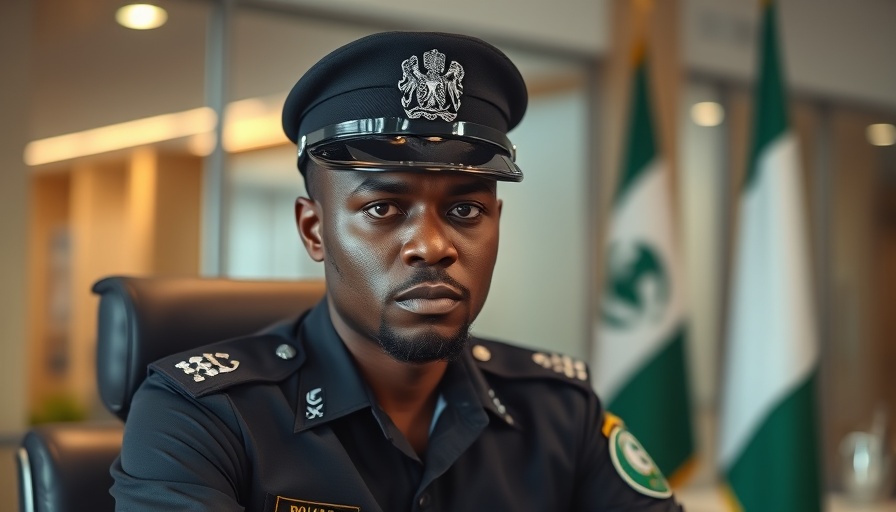
A Grievous Incident: The Tragic Death of Kehinde Alade and Its Implications
In the heart of Ibadan, a tragedy unfolded that has left a community in deep mourning and sparked widespread outrage across Nigeria. Kehinde Alade, a 14-year-old boy, was fatally shot by police under circumstances that remain shrouded in confusion and despair. Witnesses report that Kehinde was a promising student, hopeful of pursuing a career in law, but his dreams were snuffed out in a moment of chaos. The shocking nature of this incident has raised critical questions about police conduct and the systemic issues underlying public safety in Nigeria.
In Oyo Police Shooting: IGP Orders Probe into Killing of 14-Year-Old Kehinde Alade, the discussion dives into police accountability and community reactions, prompting us to unpack its broader implications.
Understanding the Community's Shock and Grief
Initially, the response to Kehinde's death was one of disbelief and anger. Community members questioned the rationale behind police action, especially given that five children were present in the vehicle from which the shots were fired. The lack of clarity surrounding the events leading to the shooting has contributed to a heightened sense of injustice. As Kehinde’s twin brother emotionally recounted their shared moments, the profound loss echoed through the community. The emotional toll on the family is immeasurable, compounded by the fleeting nature of life and the fragility of dreams.
The Complexity of the Incident: Was It an Accident?
The circumstances leading to the tragic shooting are complex. Kehinde’s father asserts that he was not driving against traffic, a claim that contradicts initial reports. There seems to be a lack of clear signage and understanding regarding the road's traffic rules, which raises questions about local governance and road safety measures. This situation highlights broader systemic failures, as residents have grown accustomed to navigating ambiguous traffic conditions without proper guidance, putting lives at risk.
Public Outrage: A Call for Justice
The outpouring of grief has transformed into a rallying cry for justice. The Inspector General of Police has ordered an investigation into the incident, yet the community remains skeptical about the outcome of such proceedings. They are demanding actionable justice—be it through compensation for the family or appropriate punitive measures against the officer involved. Their voices mirror a growing sentiment across Nigeria where citizens are increasingly vocal about police brutality and the need for accountability.
Unpacking the Broader Narrative of Police Violence in Nigeria
This incident is not an isolated occurrence; rather, it feeds into a wider narrative regarding police violence in the country. Nigeria has struggled with issues related to law enforcement's excessive use of force, often leading to tragic outcomes. The case of Kehinde Alade adds yet another layer to an already complex relationship between the police and citizens, one that demands urgent attention and reform. Such incidents exacerbate public distrust in law enforcement, fueling a cycle of fear and resentment.
The Path Forward: What Real Change Looks Like
As investigations proceed, it is vital that they lead not only to accountability for this specific case but also to an evaluation of broader police practices and policies. Community leaders are calling for reforms that reinforce human rights protections and emphasize the need for police to engage with communities in a constructive manner, recognizing their role as protectors rather than aggressors. Only through systemic change can we hope to prevent similar tragedies from occurring in the future.
In conclusion, Kehinde Alade's untimely death is a stark reminder of the urgent need for reform within Nigeria's law enforcement agencies. His story reflects the broader struggles faced by families and communities across the country, eager for justice, safety, and a governance structure that prioritizes and protects life. As more citizens join the dialogue surrounding police violence and accountability, the hope for a safer Nigeria grows stronger.
 Add Row
Add Row  Add
Add 


 Add Row
Add Row  Add
Add 

Write A Comment